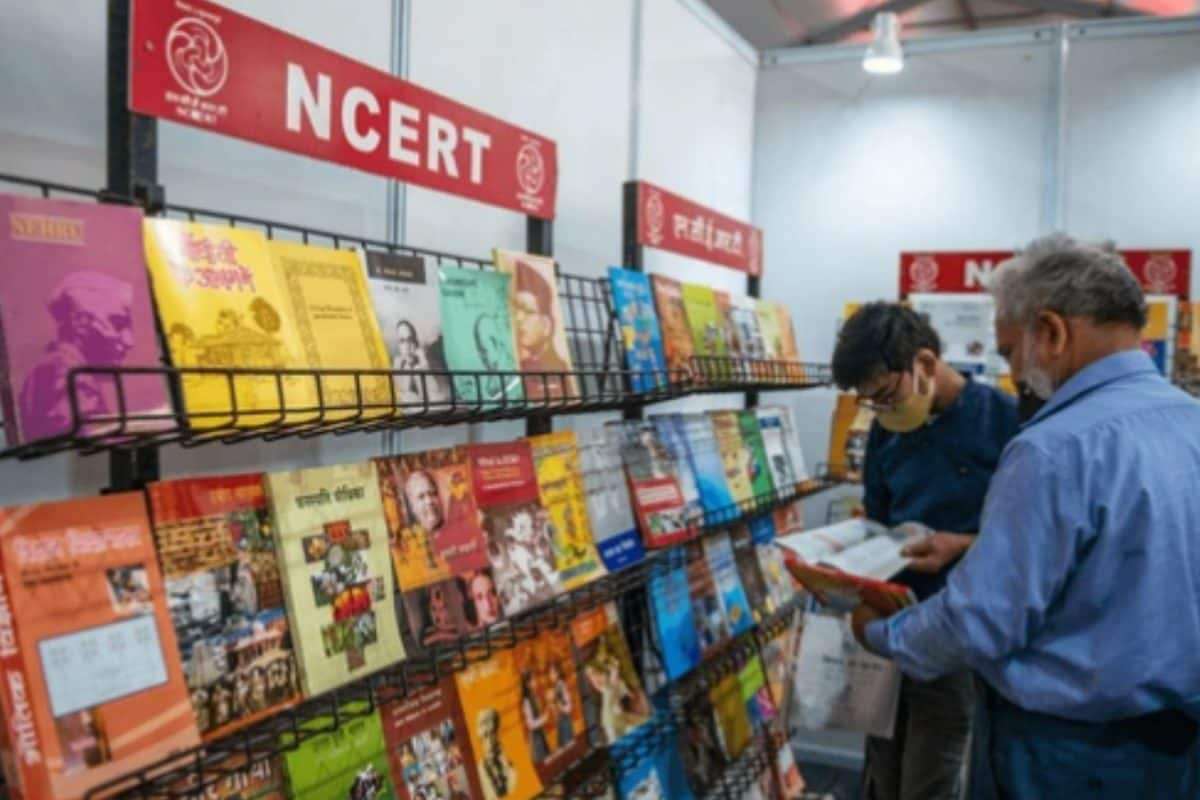

The National Council of Educational Research and Training (NCERT) has once again found itself at the center of heated debates surrounding the portrayal of historical figures and events in its textbooks. The scrutiny of how figures like Akbar and Babur are presented in schoolbooks is not a new phenomenon, with the NCERT facing accusations of tailoring narratives to reflect the political views of the ruling party.
The latest controversy involves the new Class 8 social science textbook, "Exploring Society: India and Beyond," where Mughal rulers are depicted with a nuanced lens, acknowledging both their intellectual contributions and acts of violence. Babur is described as a "ruthless conqueror" who slaughtered populations and erected "towers of skulls," while Akbar's reign is characterized as a "blend of brutality and tolerance". The textbook also highlights instances of resistance from groups like the Marathas, Sikhs, and Rajputs.
These revisions have sparked mixed reactions. Some view them as a long-overdue correction of historical narratives, presenting a more balanced and accurate account of the Mughal era. They argue that previous portrayals often glossed over the violence and religious intolerance that occurred during this period. Others criticize the changes as part of a broader agenda to promote a Hindu nationalist vision, accusing the NCERT of "saffronising" education. Historians and academics have voiced concerns that selectively deleting or altering historical themes disservices the composite heritage of the Indian subcontinent.
This is not the first time the NCERT has been embroiled in such controversies. Since its inception in 1961, the organization has faced accusations of promoting the political ideology of the ruling party. In 1969, a parliamentary committee wanted NCERT to declare that the Aryans were indigenous to India. During the Janata Party government (1977-1979), some NCERT textbooks were labeled as "anti-Indian and anti-national". In 2002, the BJP-led government attempted to change NCERT textbooks through a new National Curriculum Framework, raising concerns about the "saffronisation" of education.
More recently, the NCERT has removed references to the Gujarat riots, the Babri Masjid demolition, and the role of Hindutva in Indian politics. These deletions have been criticized as an attempt to sanitize historical narratives and promote a particular ideological perspective. In contrast, NCERT officials defend the changes as necessary updates to reflect contemporary realities and to streamline the curriculum. They maintain that the revisions are guided by educational experts without political interference, aiming to simplify learning and make education more relevant.
The debate over NCERT textbook revisions raises fundamental questions about the nature of historical truth and the role of education in shaping national identity. Critics argue that distorting or omitting significant historical events can lead to a skewed understanding of the past, hindering critical thinking and open debate. They emphasize the importance of presenting a balanced view of history, encouraging students to explore different perspectives and form their own informed opinions.
However, proponents of the revisions argue that it is necessary to address historical inaccuracies and biases, and to present a more accurate and nuanced portrayal of historical figures and events. They contend that previous narratives often ignored the violence and religious intolerance that occurred during certain periods, and that the revisions are necessary to provide a more complete and honest account of the past.
Ultimately, the controversy over NCERT textbook revisions reflects a broader struggle over the interpretation and presentation of Indian history. As the NCERT continues to revise its textbooks, it is crucial to ensure that these revisions are based on sound scholarship and pedagogical principles, and that they promote critical thinking and a balanced understanding of the past.